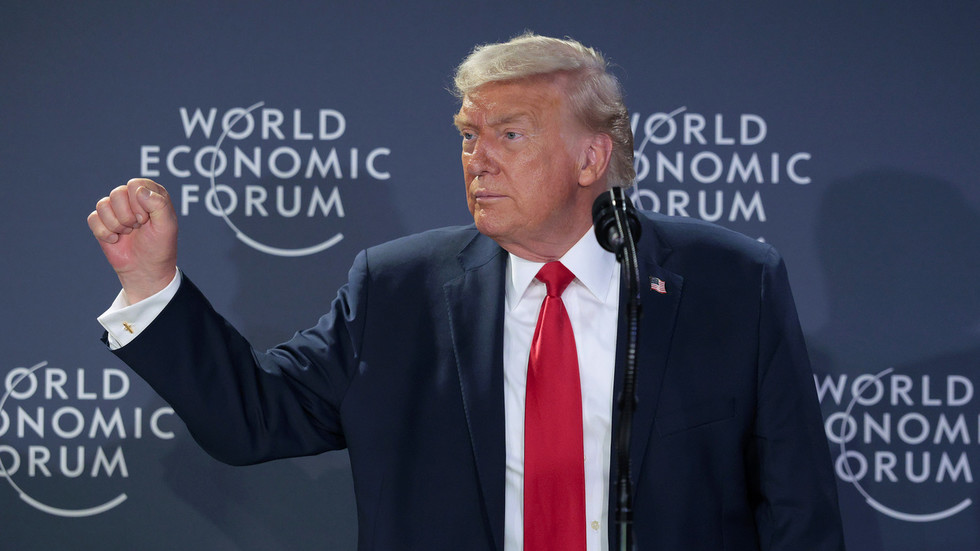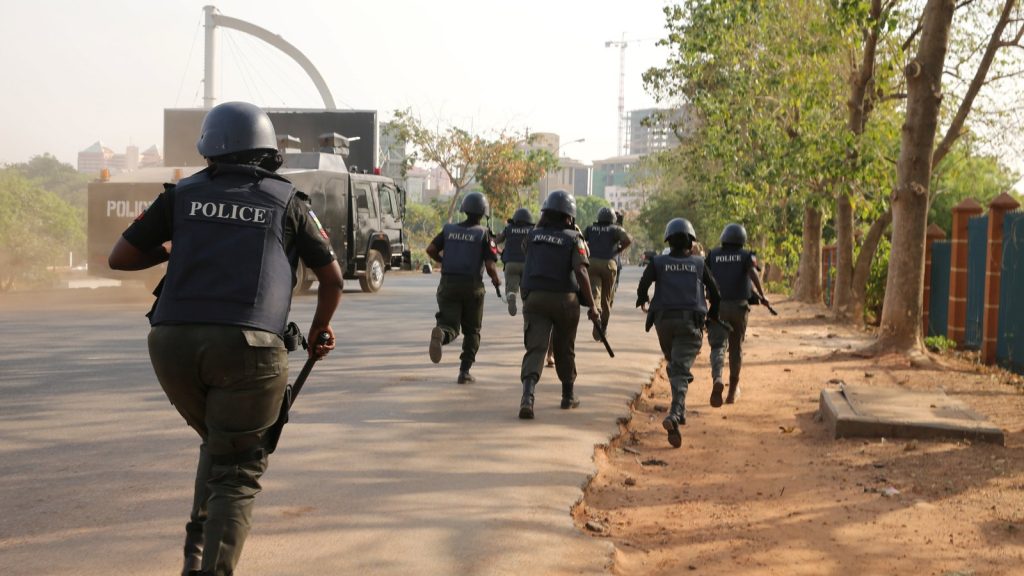Communities across Nigeria are expressing deep concern about the resurgence of insecurity, with a call for new security strategies to restore peace and stability. The issues range from kidnapping, insurgency, to banditry, leading to increased economic hardship and poverty levels.
As the nation grapples with these security challenges, Nigerians are demanding a multifaceted approach to address the root causes of these issues. There is a consensus among citizens that while security agencies have made efforts to combat these threats, the current surge highlights the necessity for a comprehensive overhaul of security strategies.
Security experts and stakeholders in states such as Bauchi, Jigawa, and Gombe are emphasizing the urgency of adopting new security measures to effectively combat kidnapping and terrorism. They are advocating for a holistic approach that not only focuses on law enforcement but also prioritizes social and economic development, as well as strengthening local governance.
Ahmed Baba, a security expert based in Bauchi, stressed the need for security agencies to evolve and adapt to the evolving nature of crime. He highlighted the prevalence of kidnapping and other criminal activities, signaling the demand for a fresh approach to tackle security challenges.
Moreover, civil society activist Sukumun Ezekiel attributed the insecurity to weak local governance, economic inequality, and poverty. He emphasized the critical role of sustainable infrastructure development in fostering security, peace, and prosperity. By addressing infrastructural gaps and investing in security agencies, Ezekiel believes that the nation can build a more resilient society.
In response, the Bauchi State Government has taken practical steps to promote collaboration between security forces, local communities, and religious leaders. This inclusive approach aims to gather diverse perspectives and insights to effectively address security concerns at the grassroots level.
In Gombe State, the police commissioner, Hayatu Usman, highlighted the implementation of effective measures and partnerships with stakeholders to maintain the state’s safety record. This approach underscores the importance of community involvement in enhancing security and law enforcement efforts.
The joint operations led by the police in Jigawa and Bauchi states are emblematic of a coordinated effort to root out criminals. These intelligence-led initiatives demonstrate a proactive stance in tackling security threats, emphasizing the need for continuous vigilance and strategic interventions.
However, in Benue State, residents have voiced ongoing security concerns, citing instances where victims are forced to pay for bullets expended by bandits after attacks. This testimony underscores the persistent challenges faced by some communities and the need for sustained efforts to improve security nationwide.
As Nigeria grapples with these complex security issues, the clamor for new strategies serves as a poignant reminder of the ongoing struggle for peace and stability. It is evident that addressing insecurity requires a comprehensive, multifaceted approach that integrates community engagement, infrastructure development, and proactive law enforcement. The voices of Nigerians reflect a collective call for innovative solutions to secure their communities and pave the way for a safer, more prosperous future.
Combatting Insecurity: Perspectives from Nigeria’s Troubled Regions
In the wake of persistent insecurity plaguing various states in Nigeria, stakeholders and security agencies continue to grapple with a myriad of challenges while seeking sustainable solutions. Plateau, Taraba, Kaduna, and Kano States have experienced recurring crises, prompting a call for concerted efforts to restore peace and stability across the nation.
Plateau State, amidst another wave of violence, remains embroiled in divergent views regarding the root causes of the crisis. From political manipulation to religious and tribal bigotry, the people find themselves ensnared in a web of discord. Stakeholders like Chris Damcher, Chairman of Plateau State Civil Society Organisations Forum, and Prof. Aboi Aboki, National President of Plateau Initiative for Development of the Natives, contend that the heart of the crisis lies within the issues surrounding land ownership. They hold the government and traditional leaders accountable for their failure to take decisive action.
Rev. Samuel Chukwuma of the Lighthouse of All Nations Assembly commends the troops of Operation Safe Haven for their professionalism in quelling sectarian clashes, highlighting the pivotal role of the military in maintaining peace. Emphasizing the detrimental impact of falsified narratives on social media, he urges politicians to refrain from exploiting tensions for personal gain.
While Maj.-Gen. Abdulsalam Abubakar, the General Officer Commanding, GOC, 3 Division, acknowledges the challenges in bringing perpetrators to justice, he remains resolute, expressing confidence in overcoming obstacles through unity and relentless pursuit of peace.
Governor Caleb Mutfwang reiterates the government’s commitment to ensuring the non-recurrence of attacks, expressing gratitude to the military, security agencies, and relevant government bodies for their unwavering support.
In Taraba State, Maj. Gen. Frank Etim, the Brigade Commander, 6 Brigade Nigerian Army, underscores their efforts to combat criminal activities, urging cooperation from the public in providing actionable information. Additionally, intelligence and counter-terrorism expert, Ben Adaji, advocates for the utilization of private security services in addressing the prevailing security challenges.
The Kaduna State Police Command has implemented robust strategies to curb kidnapping and killings, resulting in the rescue of kidnapped victims and the arrest of suspected perpetrators. The command urges public support, emphasizing the collective responsibility in addressing security issues.
Retired Brigadier General, Kabir Galadanci, stresses the pivotal role of unwavering political leadership in demanding results from security forces while addressing the underlying social and economic factors contributing to criminality.
In Kano State, the Commissioner of Police, Usaini Gumel, highlights the synergy between the police, other security agencies, and the state government in combating crimes, particularly in areas prone to kidnappings.
From Plateau’s multifaceted crisis to the concerted efforts in Taraba, Kaduna, and Kano, it is evident that the complex security landscape in Nigeria demands unwavering commitment and a multi-faceted approach to restore peace and stability. As the nation continues to grapple with these challenges, a unified and decisive response is imperative to safeguard lives and secure the future.
Mounting Security Challenges in Nigeria: Perspectives and Solutions
As security concerns escalate across Nigeria, particularly in states like Katsina, Osun, Ogun, and Ekiti, members of the public and leadership alike are grappling with the need for effective measures to address the prevailing threats. The surge in banditry, kidnapping, insurgency, and communal conflicts has left communities terrorized and hindered economic growth and development.
Efforts have been made to combat these issues, with the establishment of joint task forces and regional summits to reevaluate and strategize responses. Governor Dikko Radda of Katsina State emphasized the necessity of a unified approach, underscoring the cross-border nature of insecurity and the imperative for coordinated efforts transcending state boundaries. Despite these initiatives, residents continue to express deep concerns about the worsening security situation.
The experiences of individuals such as Abubakar Hassan, Abdulkarim Usman, and victims of high-profile kidnapping cases, including Foluke Fagbemi and Micheal Ojo, shed light on the urgent need for the government to prioritize equipping security agencies, providing essential support, and reinforcing coordination between states and federal security agencies. These personal narratives are testaments to the human toll of insecurity and the imperative for swift and effective action.
Moreover, residents in Osun have underscored the significance of vocational training and job creation in curbing insecurity, urging the government to invest in these areas to engage the youth and foster economic opportunities. Additionally, they stress the necessity of enhancing security personnel’s capabilities through improved facilities and incentives to bolster their performance. Such grassroots insights from Isabel Williams, Irene Archibong, and Abimbola George carry crucial implications for addressing the root causes of insecurity and fostering sustainable solutions.
Critical recommendations put forward by security experts advocate for urgent state intervention in ungoverned spaces, providing livelihood opportunities, and tackling poor governance and leadership as contributing factors to criminal activities. Furthermore, the imperative of countering manipulation of diversity by political and religious entities demands concerted efforts from media, traditional institutions, and security services. Collaboration between various entities, the integration of technological tools, and the formulation of national policies to regulate digital and social media are identified as pivotal in fortifying national unity and countering misinformation.
As Nigeria grapples with mounting security challenges, it is evident that a multifaceted approach encompassing enhanced law enforcement, robust community engagement, and targeted socio-economic initiatives is imperative to curbing the scourge of insecurity. The voices of residents, victims, and security experts underscore the urgency for concerted and holistic strategies to safeguard the nation’s citizens and restore peace and stability.



